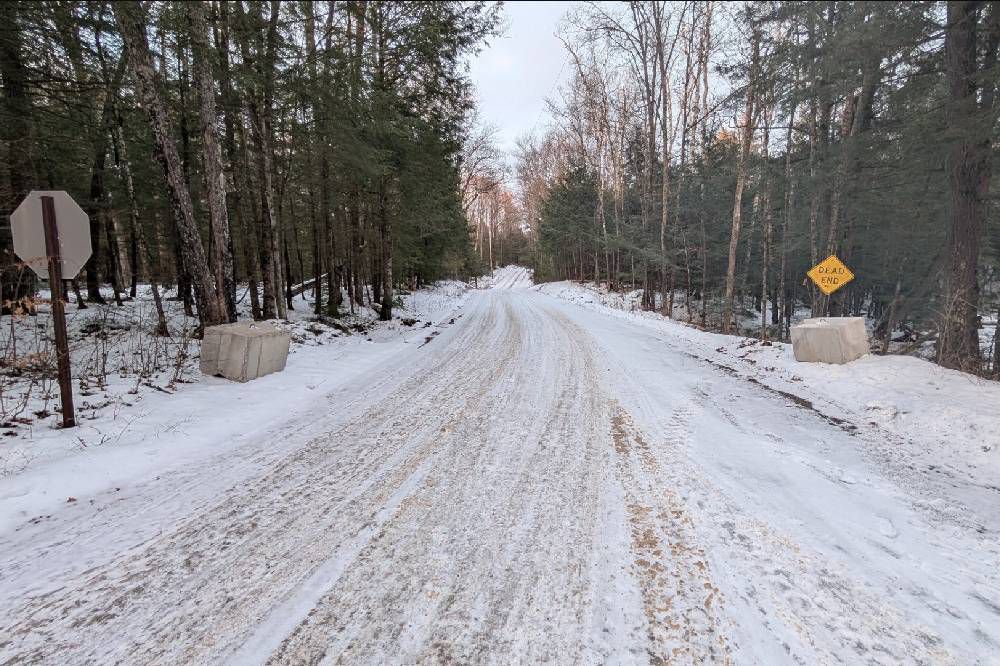
- Details
- By Kaili Berg
A federal judge declined a request to bar the Lac du Flambeau Band of Lake Superior Chippewa Indians from barricading reservation roads on the same day the tribal council voted to keep the disputed roads open.
The tribal council committed to maintaining open roads “to ensure the delivery of services for all residents,” according to a statement. The federal court ruling, responding to a request from local homeowners, included an amended order directing federal authorities to prevent any road blockages.
The ruling and tribal council decision mark the latest developments in a years-long dispute over road easements that allowed local residents to use the land. The dispute intensified in 2023 when the tribe erected barricades, asserting the easements, granted in the 1960s, had expired in 2011 and 2014.
In January 2024, the tribe cited unpaid permit fees as a key issue, detailing how it had blocked access to four roads, Annie Sun Lane, Center Sugarbush Lane, East Ross Allen Lake Lane, and Elsie Lake Lane, used by private citizens but crossing tribal lands.
Tribal leaders argue that the town has failed to compensate for the unauthorized use of these roads, despite repeated attempts to negotiate an agreement.
In July 2024, the town paid over $500,000 to avoid further barricades, but in August, it could no longer sustain the payments. The tribe had given the town until Jan. 16, 2025, to pay all outstanding temporary access permit fees or face renewed restrictions on the roads.
More Stories Like This
50 Years of Self-Determination: How a Landmark Act Empowered Tribal Sovereignty and Transformed Federal-Tribal RelationsPrairie Band Potawatomi Native Divests Its ICE Contract
Breaking: Lumbee Tribe Set for Federal Recognition Under NDAA Passed by Senate
Treasury Finalizes Tribal Tax Rules Ending Decades of Uncertainty
Finalized Tax Rules Seen as Historic Win for Tribal Economies
Help us defend tribal sovereignty.
At Native News Online, our mission is rooted in telling the stories that strengthen sovereignty and uplift Indigenous voices — not just at year’s end, but every single day.
Because of your generosity last year, we were able to keep our reporters on the ground in tribal communities, at national gatherings and in the halls of Congress — covering the issues that matter most to Indian Country: sovereignty, culture, education, health and economic opportunity.
That support sustained us through a tough year in 2025. Now, as we look to the year ahead, we need your help right now to ensure warrior journalism remains strong — reporting that defends tribal sovereignty, amplifies Native truth, and holds power accountable.
 The stakes couldn't be higher. Your support keeps Native voices heard, Native stories told and Native sovereignty defended.
The stakes couldn't be higher. Your support keeps Native voices heard, Native stories told and Native sovereignty defended.
Stand with Warrior Journalism today.
Levi Rickert (Potawatomi), Editor & Publisher

